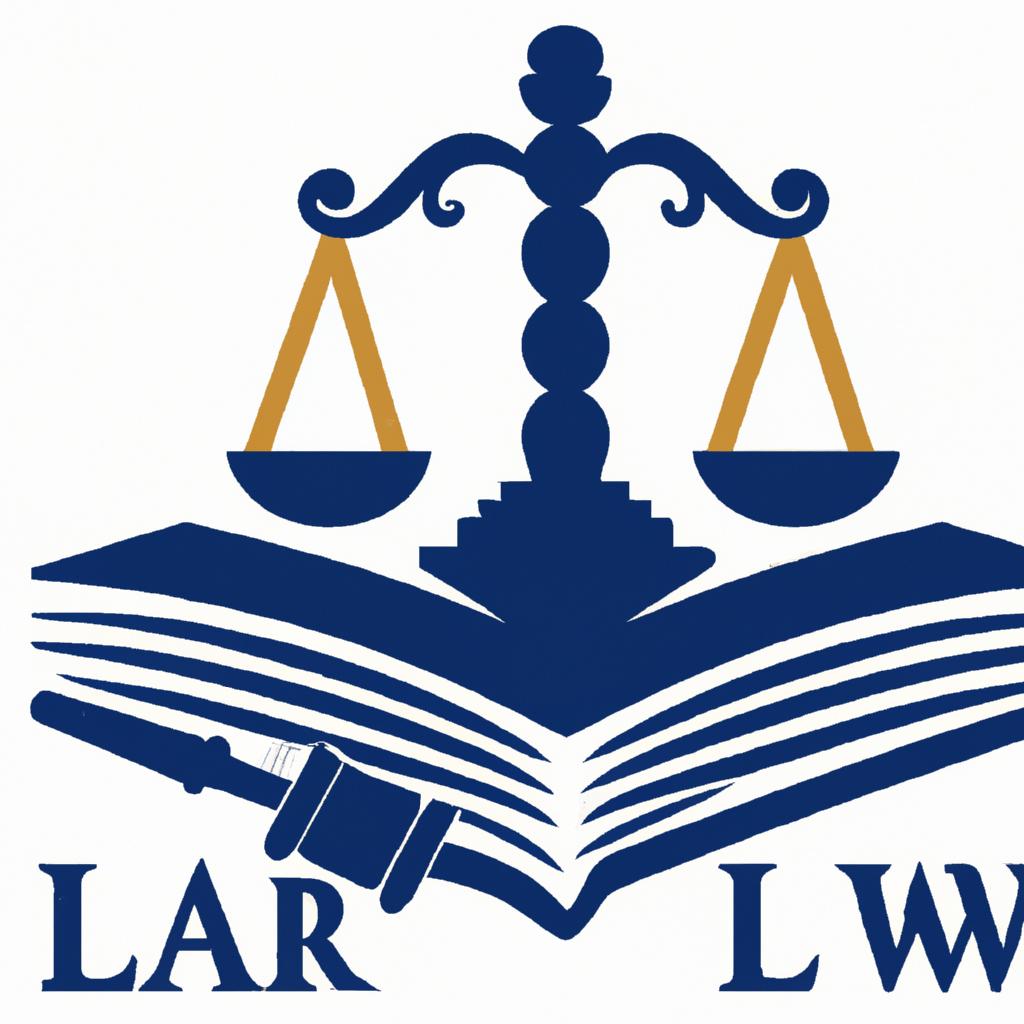As seasoned legal practitioners specializing in estate planning, probate, elder law, Wills, and trusts, Morgan Legal Group is well-versed in the intricacies of preserving and passing on assets to future generations. One significant aspect of this process is the delicate yet crucial decision of leaving one’s home to a child. In this article, we will explore the necessary steps and considerations to ensure a seamless transition of property ownership while safeguarding the interests of both the parent and the child. From legal requirements to practical strategies, our expert guidance aims to empower individuals in making informed decisions regarding the inheritance of their most cherished asset.
Ensuring a Smooth Transition of Home Ownership to Your Child
When it comes to leaving your home to your child, it’s important to ensure a smooth transition that minimizes complications and maximizes the benefits for both parties involved. One key aspect to consider is the legal process of transferring property ownership, which can be complex and time-consuming if not handled properly. To streamline this process, it is advisable to work with a reputable estate planning attorney who specializes in real estate law.
Additionally, it is crucial to have a clear and detailed plan in place for how the property will be transferred, including addressing any outstanding mortgages or liens. Creating a trust can be a useful tool in managing the transfer of ownership seamlessly, as it allows you to specify your wishes and provide instructions for how the property should be managed after your passing. By taking these proactive steps and seeking professional guidance, you can ensure that your home is passed down to your child in a way that is legally sound and financially secure.

Navigating the Legal and Financial Implications of Transferring Real Estate
When it comes to transferring real estate to your child, there are important legal and financial implications that you need to navigate carefully. One of the most common ways to leave your home to your child is through a trust. Creating a trust can help you avoid probate and ensure that your child receives the property in a timely manner.
Another option is to add your child’s name to the title of the property through a quitclaim deed. However, this can have tax implications and may not be the best option for everyone. It’s important to consult with an experienced estate planning attorney to determine the best course of action for your specific situation. At Morgan Legal Group, our team of experts can help you navigate the complexities of transferring real estate to your child and ensure that your wishes are carried out seamlessly.

Drafting a Comprehensive Estate Plan to Protect Your Child’s Inheritance
If you are considering how to leave your home to your child as part of your estate plan, it is essential to consult with an experienced estate planning attorney. At Morgan Legal Group in New York City, we specialize in helping individuals create comprehensive estate plans that protect their assets and ensure their wishes are carried out.
When drafting your estate plan to include leaving your home to your child, consider the following key factors:
- Clearly identify the property you wish to pass on in your Will or trust document.
- Discuss any potential tax implications with your attorney to minimize the tax burden on your child.
- Consider setting up a trust to hold the property for your child’s benefit, ensuring it is managed and protected according to your wishes.

Consulting with Estate Planning Professionals for Expert Guidance
One of the most important decisions you may face as a homeowner is determining how to leave your home to your child. Consulting with estate planning professionals can provide you with expert guidance on the best way to navigate this process. With their knowledge and experience, they can help you create a solid plan that ensures your child receives your home in the most tax-efficient and seamless manner possible.
When working with estate planning professionals, they will assess your individual situation and offer personalized advice to suit your needs. They may recommend setting up a trust to avoid probate and ensure a smooth transfer of ownership to your child. Additionally, they can help you explore options such as joint tenancy or establishing a life estate to protect your home and provide for your child’s future. By seeking expert guidance, you can rest assured that your wishes will be carried out in the most effective and legally sound way possible.
Q&A
Q: What is the best way to leave your home to your child?
A: When it comes to leaving your home to your child, the best way is to create a clear and detailed estate plan.
Q: What are some important considerations to keep in mind when leaving your home to your child?
A: Some important considerations include ensuring that your child is financially stable enough to take on the responsibilities of homeownership, and discussing your intentions with your child to avoid any misunderstandings.
Q: Can you provide some tips for effectively planning for the transfer of your home to your child?
A: One tip is to work with a qualified estate planning attorney to navigate the legal complexities of transferring ownership. It’s also important to consider potential tax implications and to update your will to reflect your wishes.
Q: Are there any potential pitfalls to avoid when planning to leave your home to your child?
A: One potential pitfall is not considering the impact of any outstanding debts on the property, which could create financial burdens for your child. It’s also important to ensure that your estate plan is up-to-date and accurately reflects your wishes.
Closing Remarks
As you navigate the process of leaving your home to your child, remember that this is a deeply personal decision that requires thoughtful consideration and planning. By taking the time to communicate openly with your child, seek out professional advice, and create a clear plan for the future, you can ensure a smooth transition of your family home. Whether you choose to pass down a physical asset or create lasting memories within its walls, the legacy you leave behind will be a testament to the love and care you have always had for your child. So, as you embark on this journey, may your home be a place of comfort, security, and cherished memories for generations to come.


